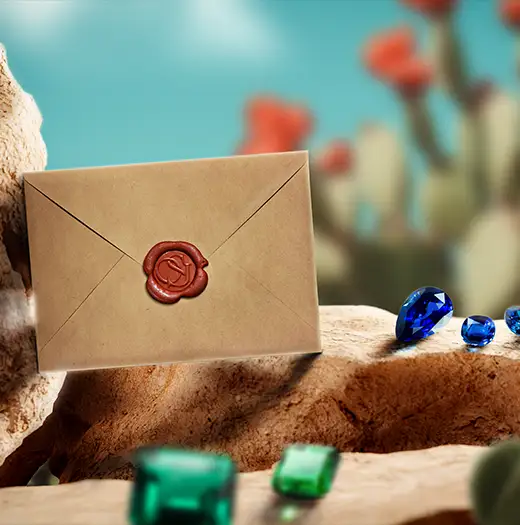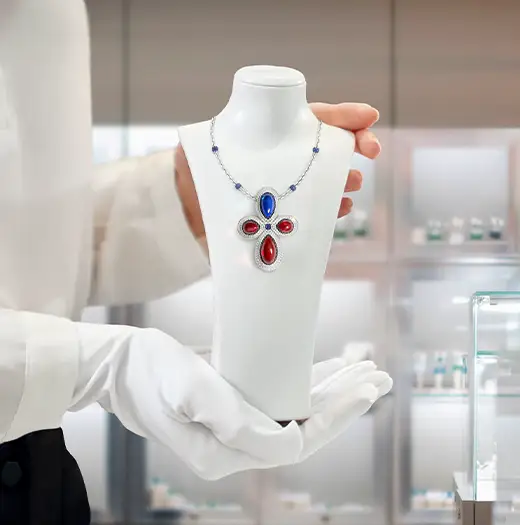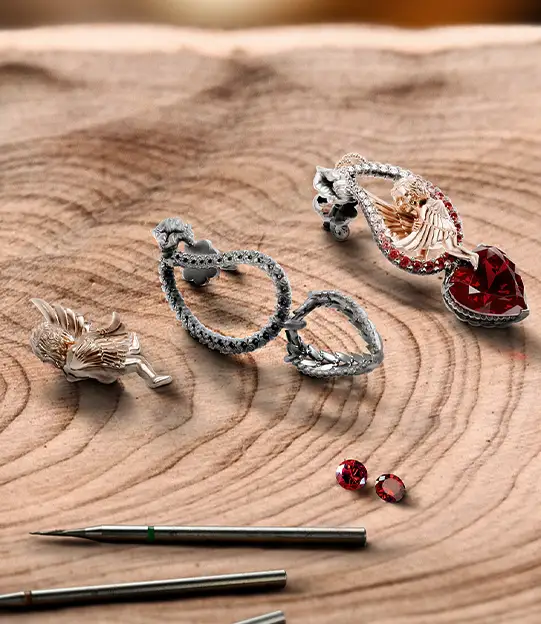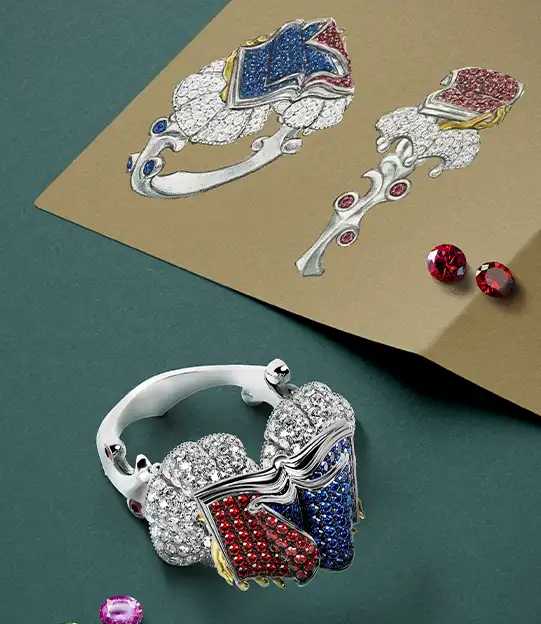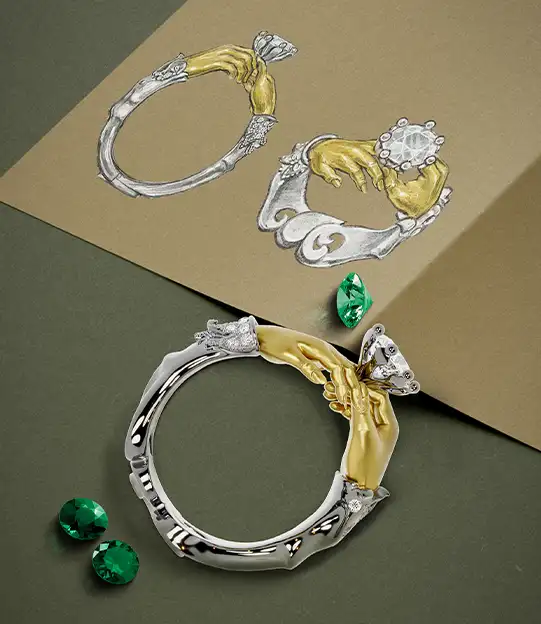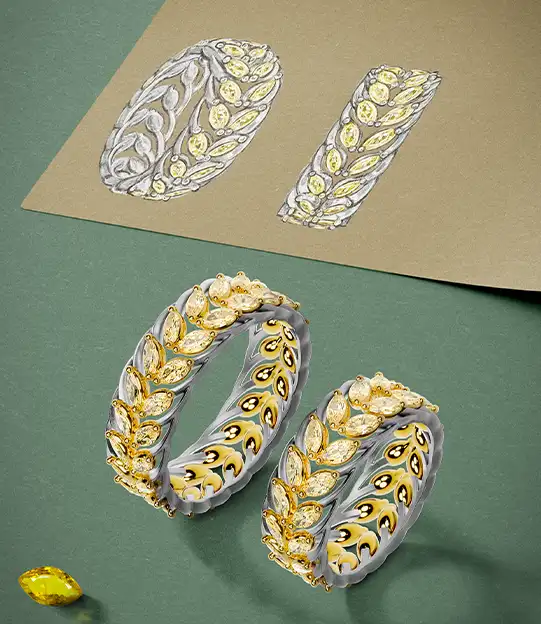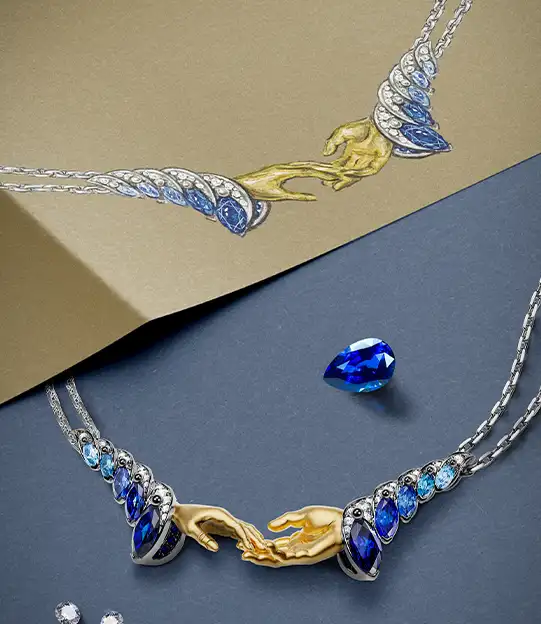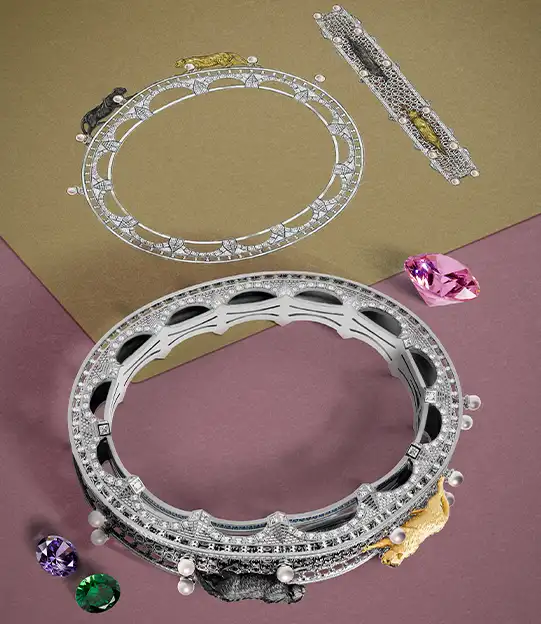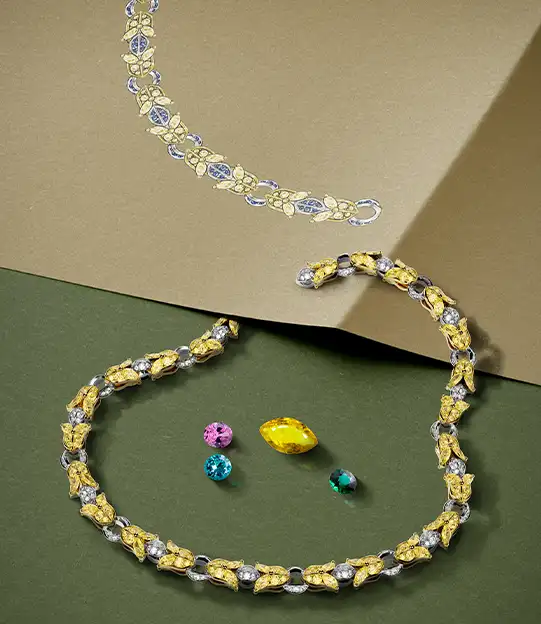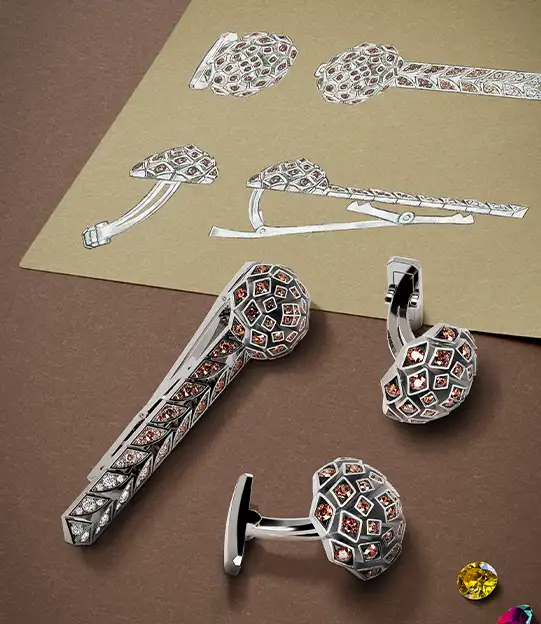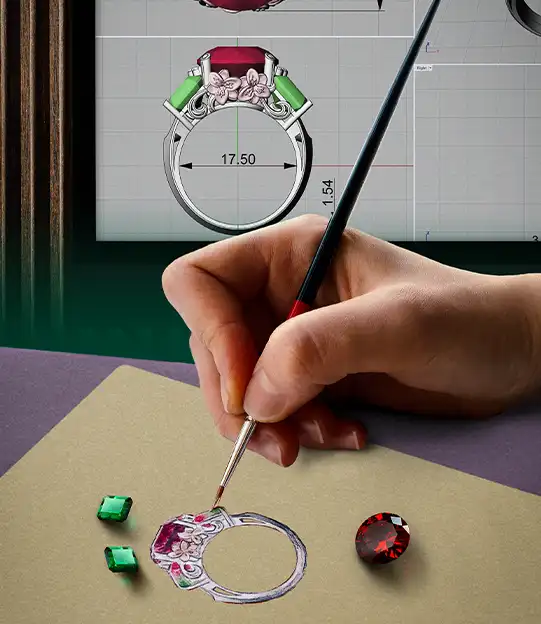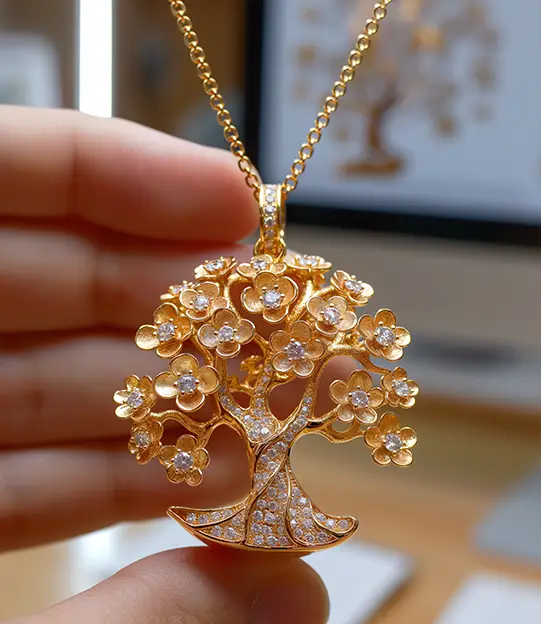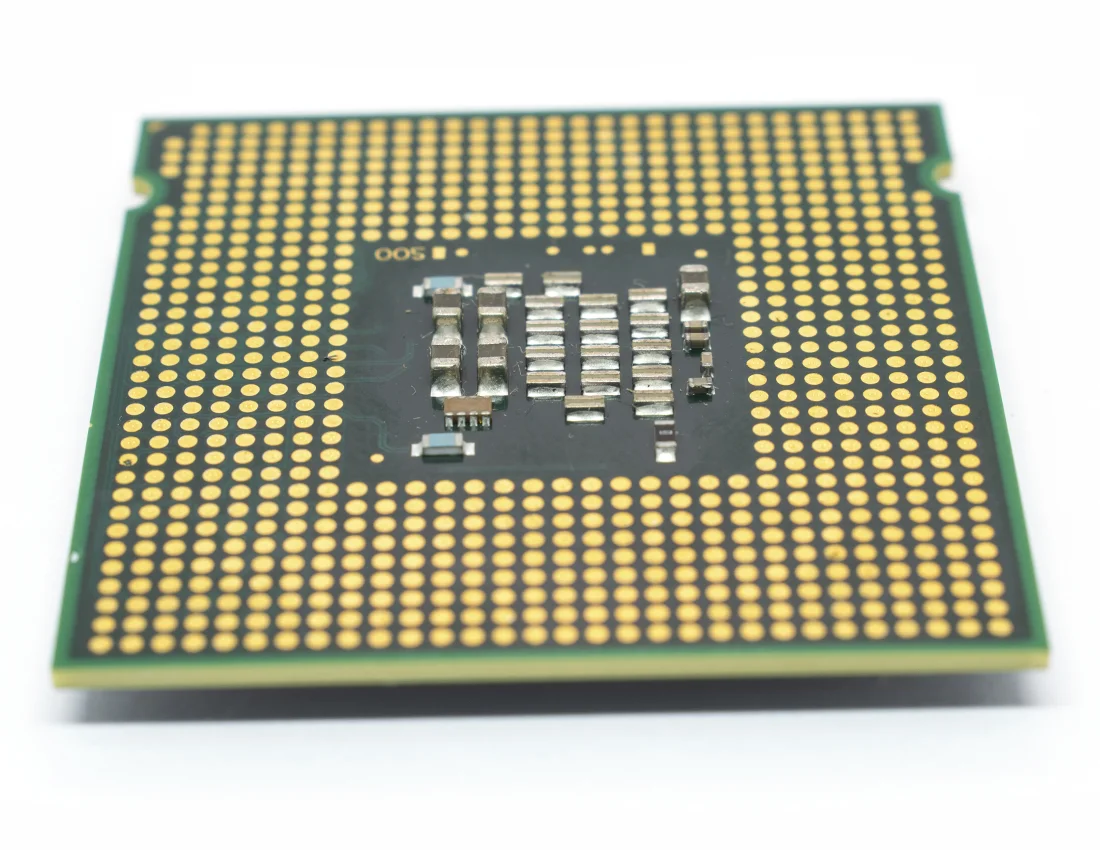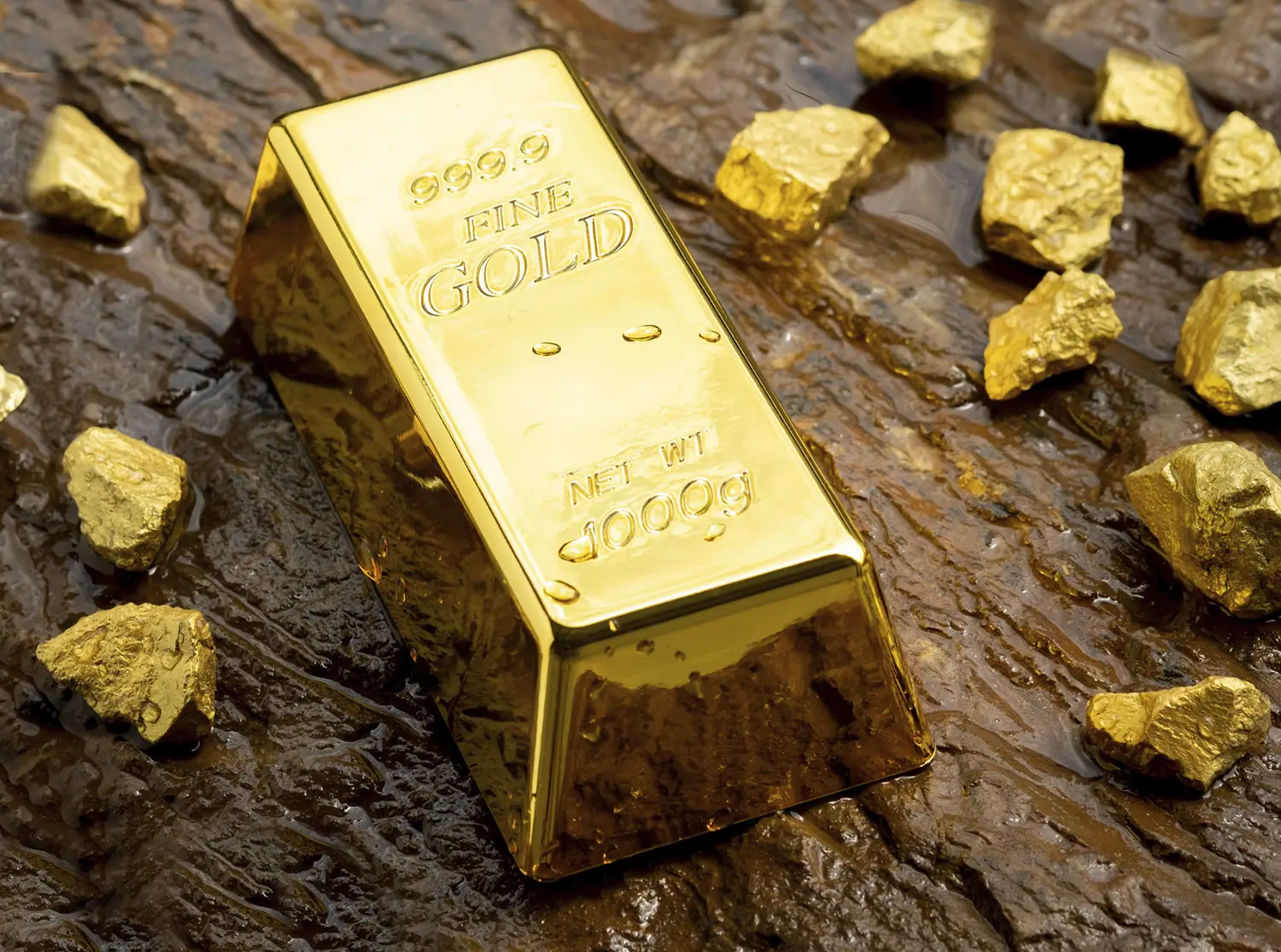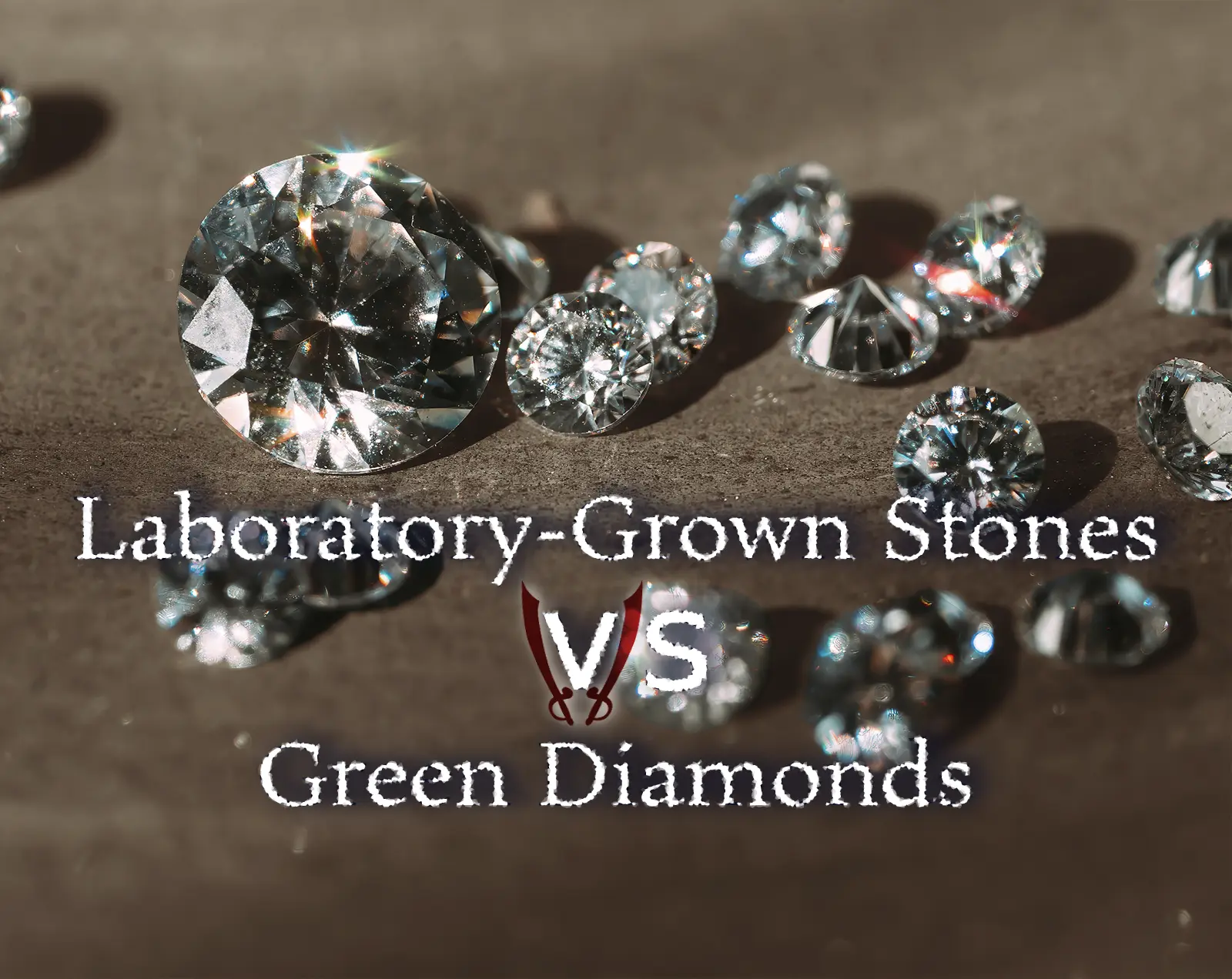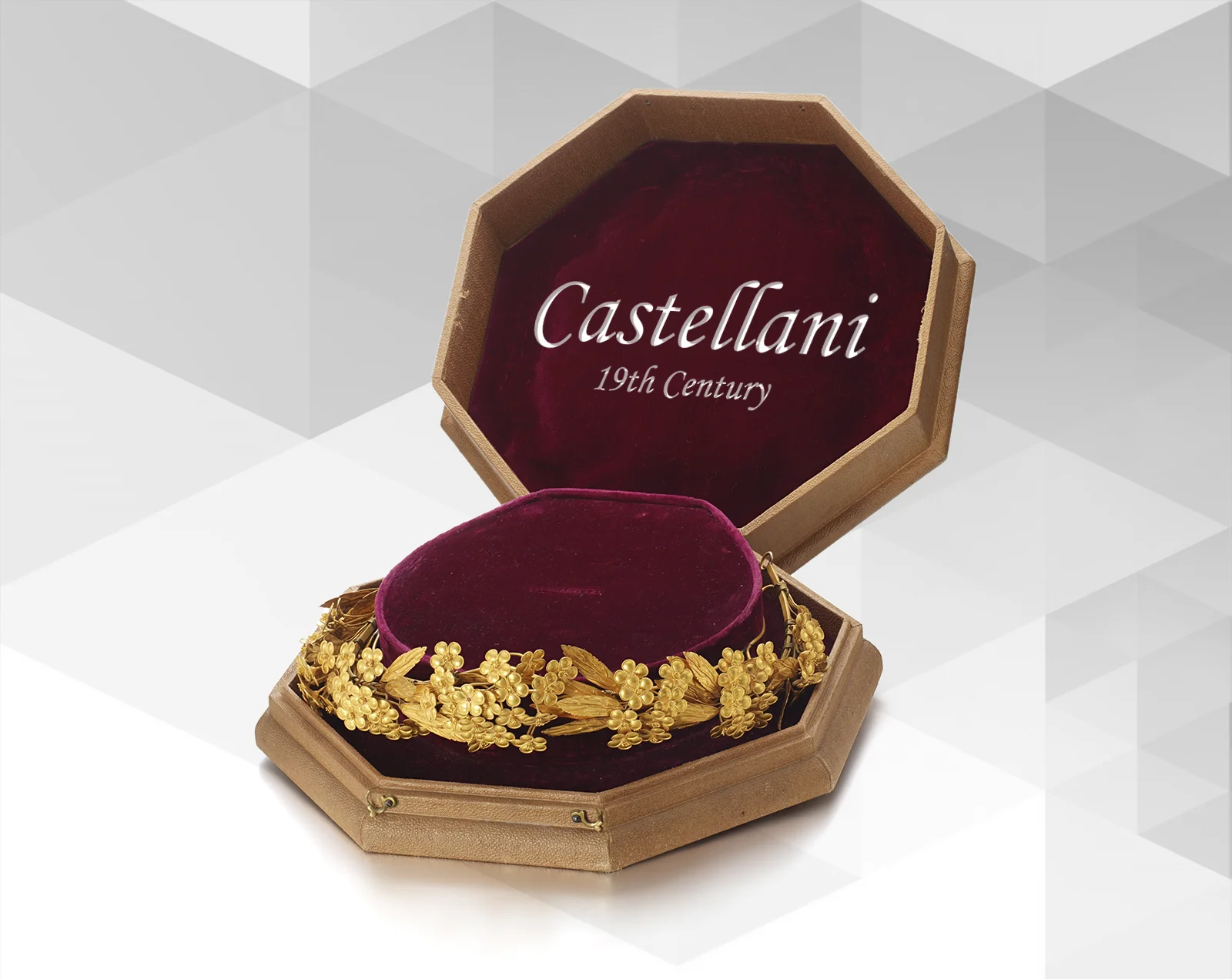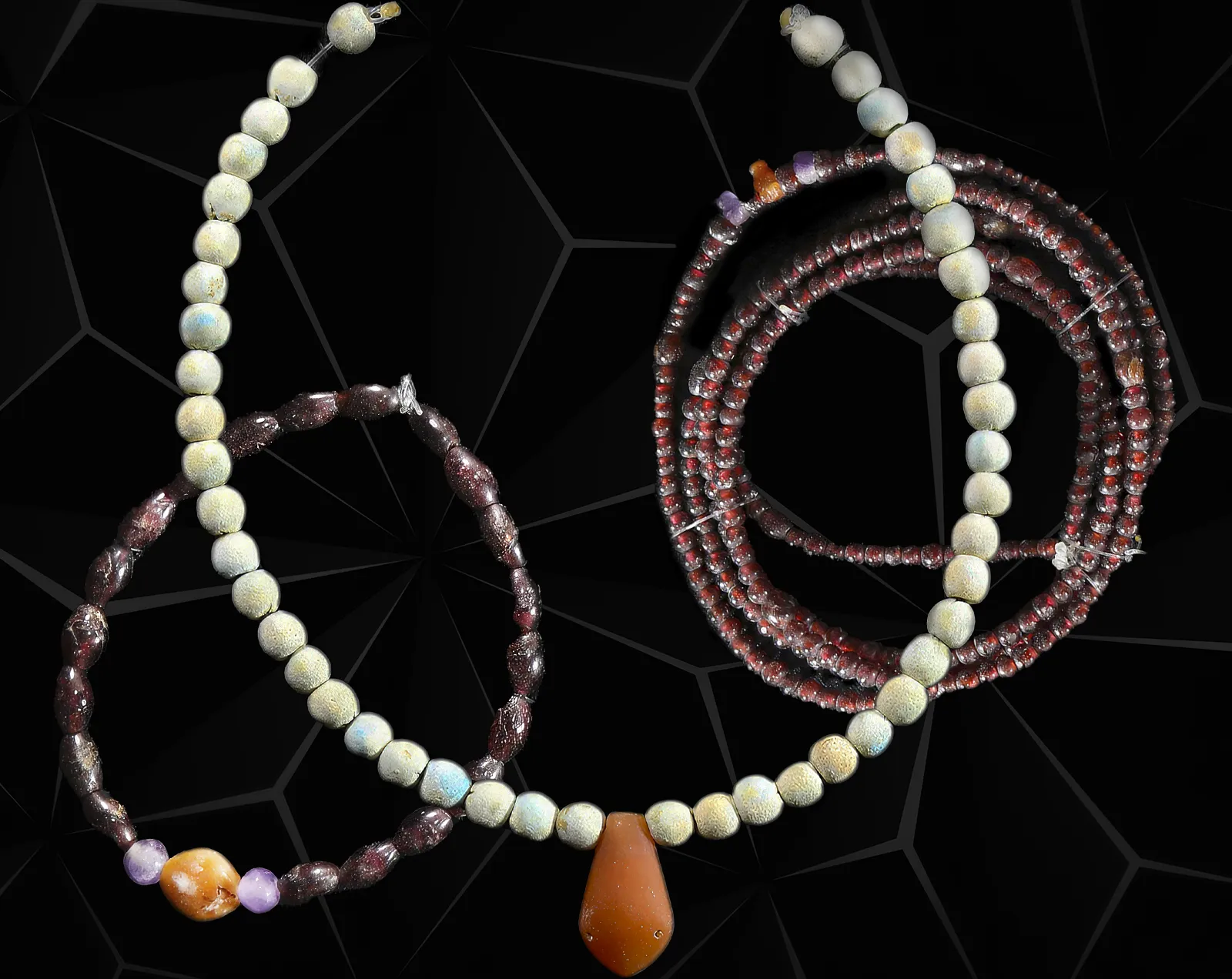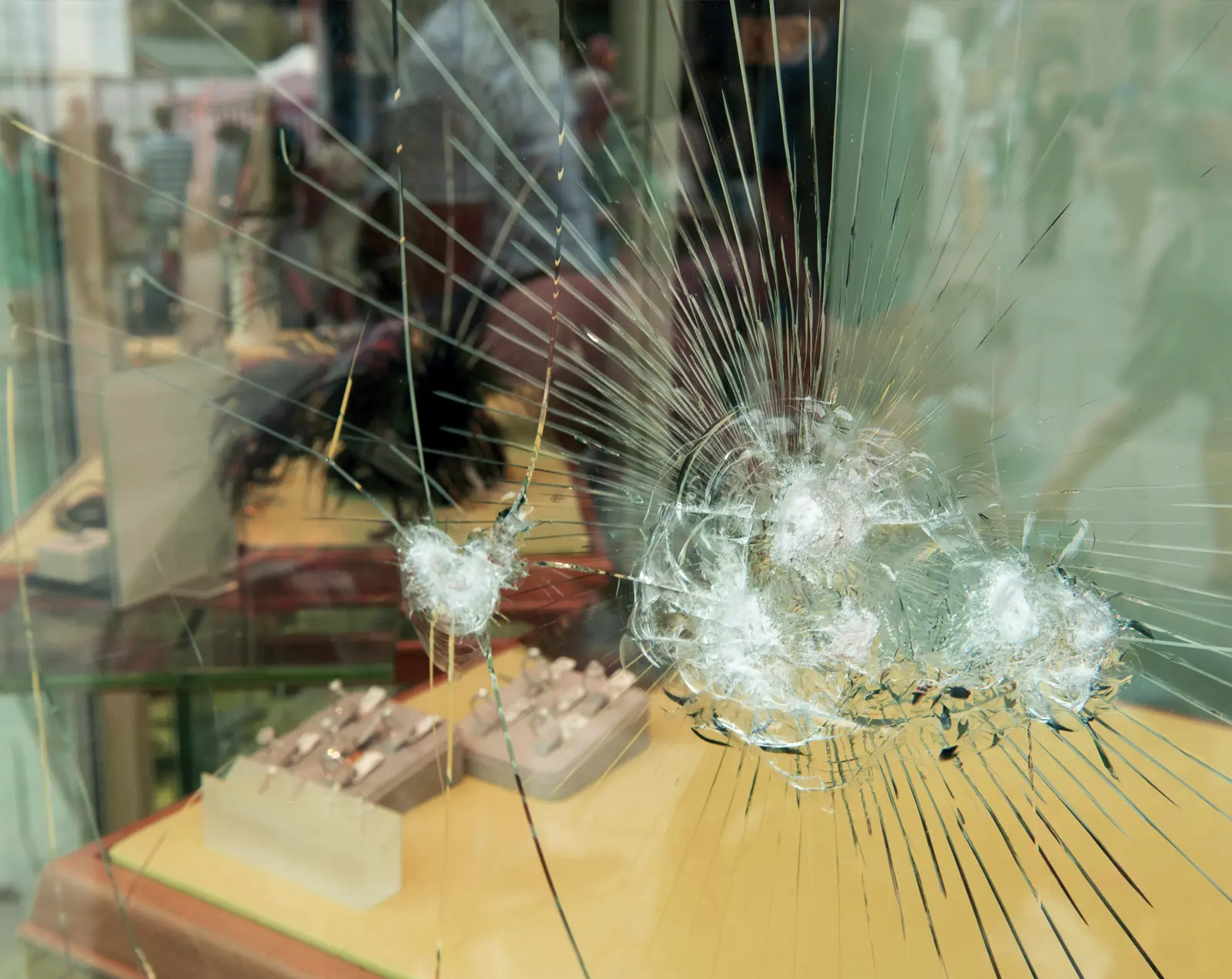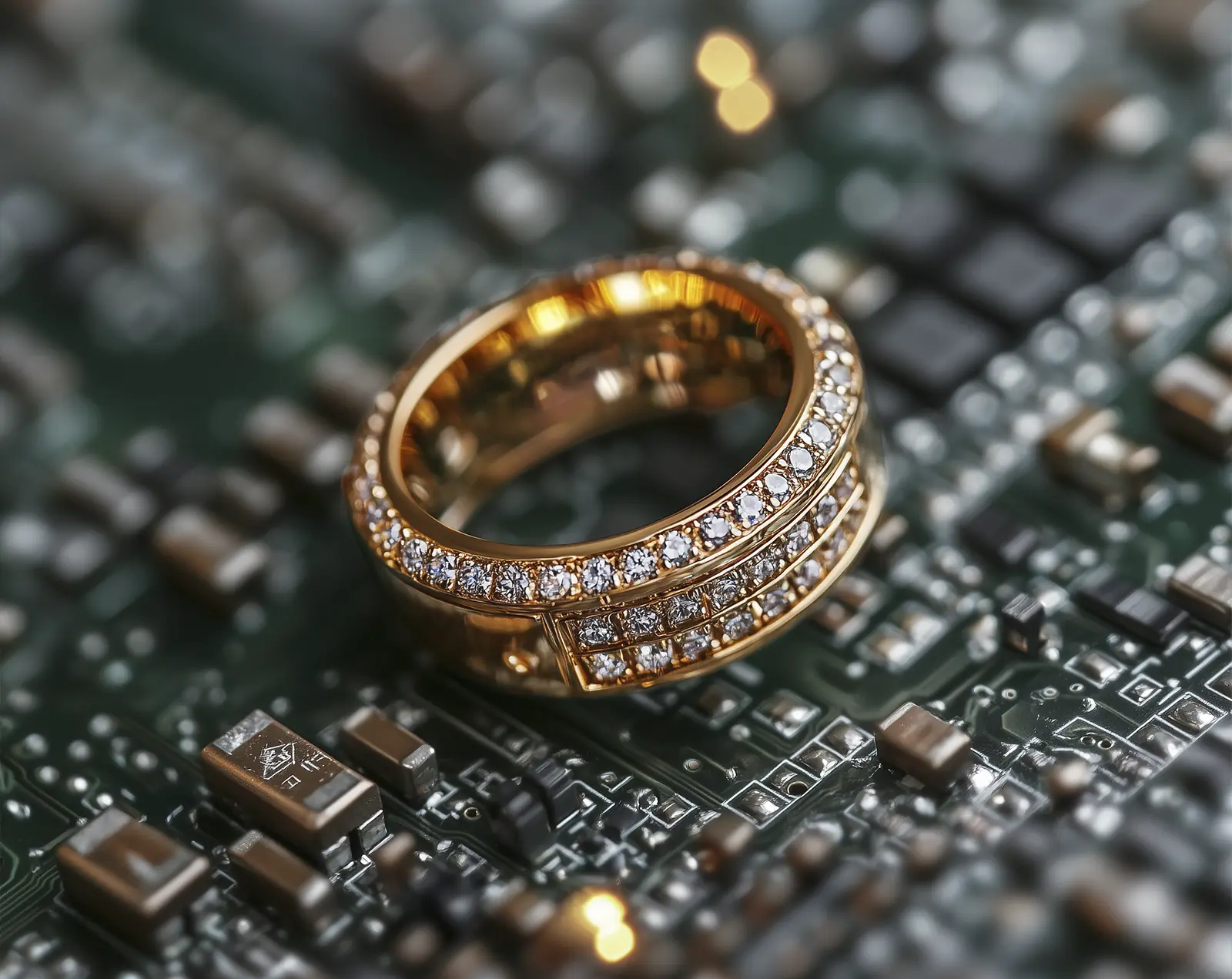The Royal Mint is a British coin-making company that pioneers a smart recycling technology which enables it to extract gold and other valuable metals from electronic waste in the UK. The company has signed a contract with Elecir who patented this technology in Calgary, Canada.
Elecir’s cutting-edge technology makes it possible to extract gold with 99.9% purity from your old smartphones, PCs, tablets, etc. The secret lies in special chemical compounds that extract the precious metal in seconds. The “smart” chemicals target only the molecules of gold, leaving nothing else inside the circuit boards.
In the next few years, inventors from Elecir believe that we can apply the same principle to extracting other valuable metals from discarded gadgets, such as silver, copper, tantalum, cobalt, and others. Some of the above are rare earth elements which means that their sourcing requires intensive mining efforts and billions of dollars. So why waste all this money and effort if what we need can be easily found in our electronic dumpster?
The possibilities offered by this technology are endless. With over half a hundred million tons of discarded devices every year, we can easily pour back around 60 billion dollars into the global economy. This is greater than the GDP of many financially challenged or small countries. If we extrapolate the current statistics, there will be around 75 million tons of annual electronic waste per year in the next five years. And given that today only one-fifth of such waste gets recycled, such an approach seems even more lucrative and promising in the long run. Let’s hope that humanity will find the optimal way to make use of whatever we produced before, not only in the field of electronics but all types of discarded things.


